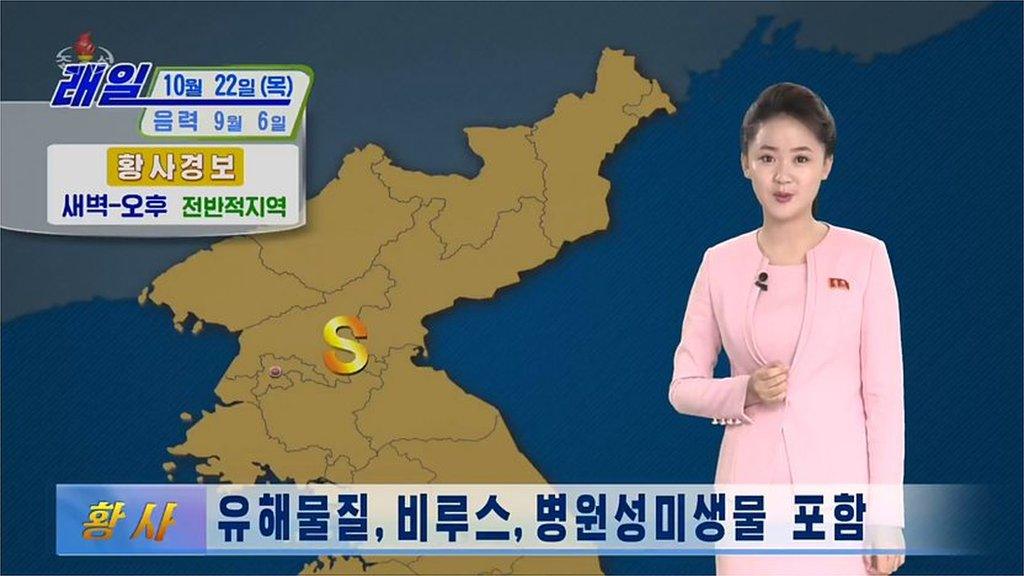North Korea says orphan children volunteering on mines and farms
- Published
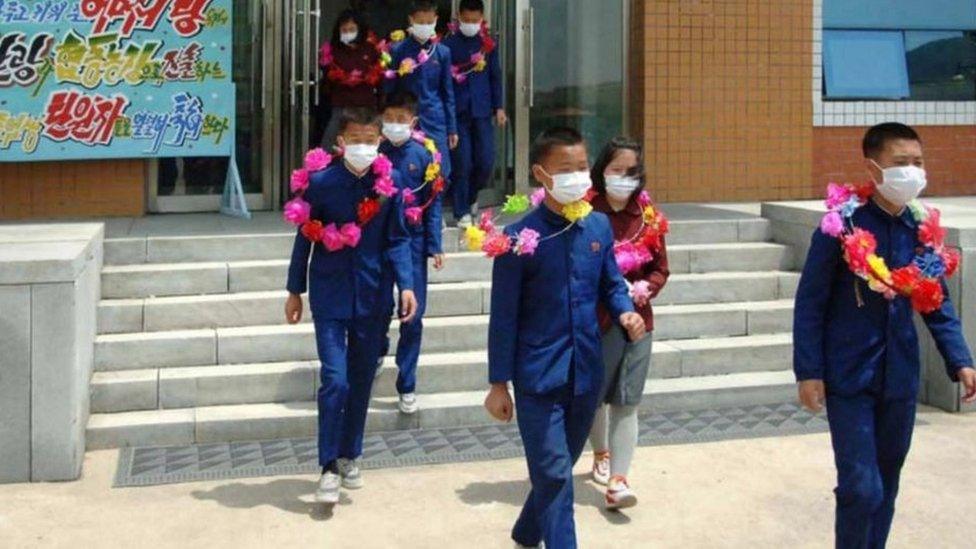
State media published photos of a ceremony for the children who allegedly volunteered
North Korean state media has claimed that orphans are volunteering to work in state-run mines and farms.
The Korean Central News Agency (KCNA) said hundreds of children "with wisdom and courage in the prime of their youth" have chosen to perform manual labour for the state.
Their ages are unclear but photos suggest they are in their teens.
Human rights groups have long accused North Korea of using forced child labour, something the state denies.
In February, the BBC reported on allegations that generations of South Korean prisoners of war are being used as slave labour in North Korean coal mines to generate money for the regime and its weapons programme.
About 26 million people are thought to live in North Korea, which is ruled by a government with rigid control over all parts of people's lives.

I've interviewed a number of North Korean defectors who claim to have been forced to work in the country's coal mines.
The conditions they described were horrendous. They recalled regular fatal accidents and long hours of hard work with little food.
Few would choose this work and I am sure many human rights organisations will look at these state media reports and pictures with real concern.
There is also a wider question to be answered - why is North Korea searching for free labour for its mines, farms and factories?
These are desperate times after Kim Jong Un took drastic measures and completely sealed the border last January to stop Covid19 spreading from neighbouring China.
There are reports that some essential supplies are finally making it into the country but certainly not enough to get the economy moving again.
The only way to do that is to step up production and for that the regime needs new sources of free labour.
Praising the "wisdom and courage" of these young "volunteers" also turns them into communist party role models. They are being idolised for their self-sacrifice.
It also comes as Kim Jong Un is trying to crack down on any dissent from the country's youth. He described outside media such as K-pop, foreign news and drama as "dangerous poisons".
When times get tough, he doesn't want his people knowing how good others may have it - especially if he's sending his young people into coal mines.

In April, leader Kim Jong-un warned his country to prepare for tough times ahead in a rare admission of problems. North Korea shut its borders in 2020 due to the coronavirus pandemic, shutting off trade with China - its economic lifeline.
Several reports in state media over the last week say so-called volunteers are taking up manual labour across the country.
On Saturday, a KCNA report said 700 orphans had volunteered to work at factories, farms and forests.
And on Thursday, KCNA reported that "dozens of orphan children rushed out to the Chonnae Area Coal-mining Complex to fulfil their oath to repay even just a millionth of the love the party showed".
Allow X content?
This article contains content provided by X. We ask for your permission before anything is loaded, as they may be using cookies and other technologies. You may want to read X’s cookie policy, external and privacy policy, external before accepting. To view this content choose ‘accept and continue’.

The 2020 US state department report on human rights practices, external accused North Korea of practising "the worst forms of child labour".
According to the report, officials sometimes send schoolchildren to work "to assist in completing special projects, such as snow removal on major roads or meeting production goals".
It also said children as young as 16 or 17 "were enrolled in military-style youth construction brigades for 10-year periods", and suffered from "physical and psychological injuries, malnutrition, exhaustion, and growth deficiencies as a result of required forced labour".
North Korea has repeatedly denied these allegations. Earlier this month the country accused US President Joe Biden of a "hostile policy" towards North Korea, as he prepares to release the new US strategy for dealing with Pyongyang and its nuclear programme.
'I was forced to work in a North Korean coal mine'
Related topics
- Published2 May 2021
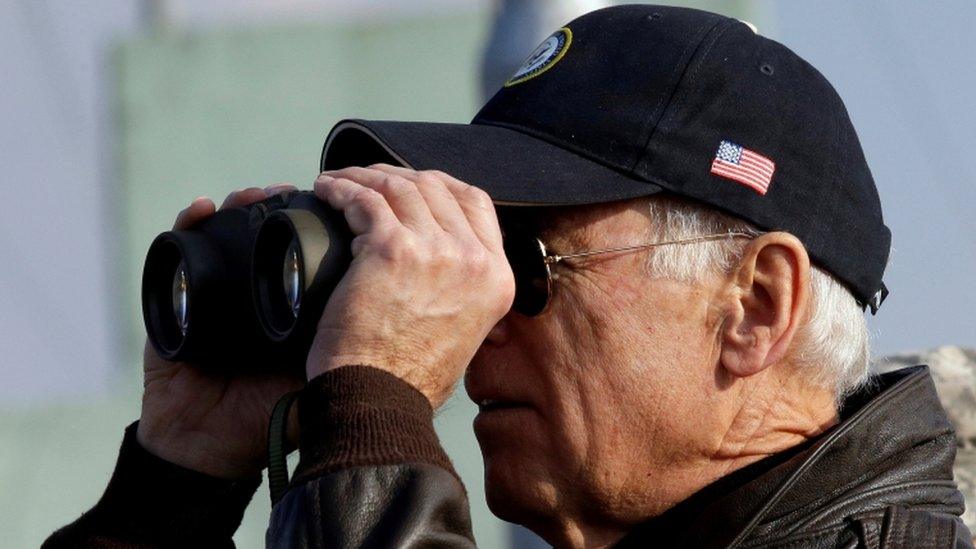
- Published9 April 2021
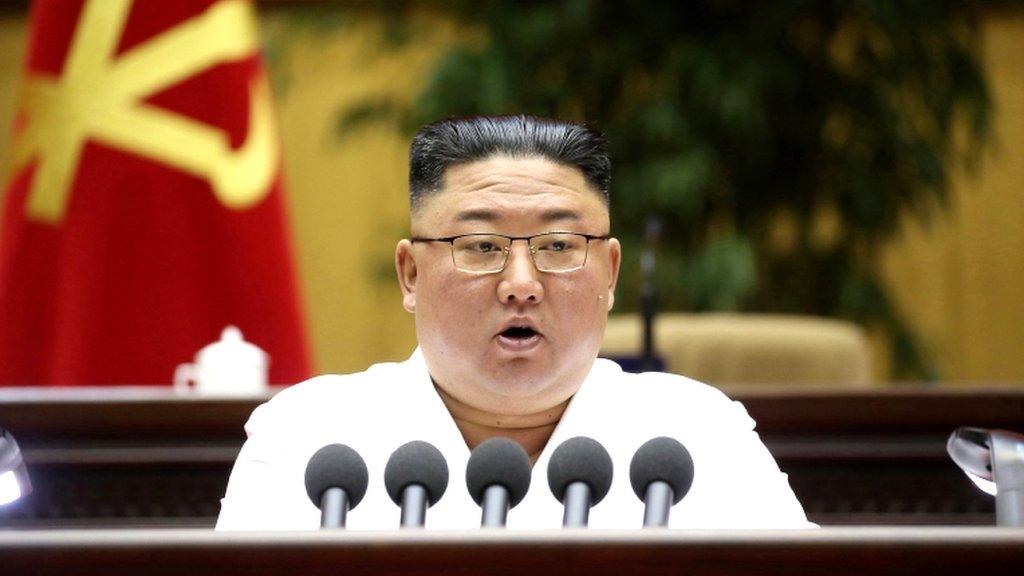
- Published7 February 2021
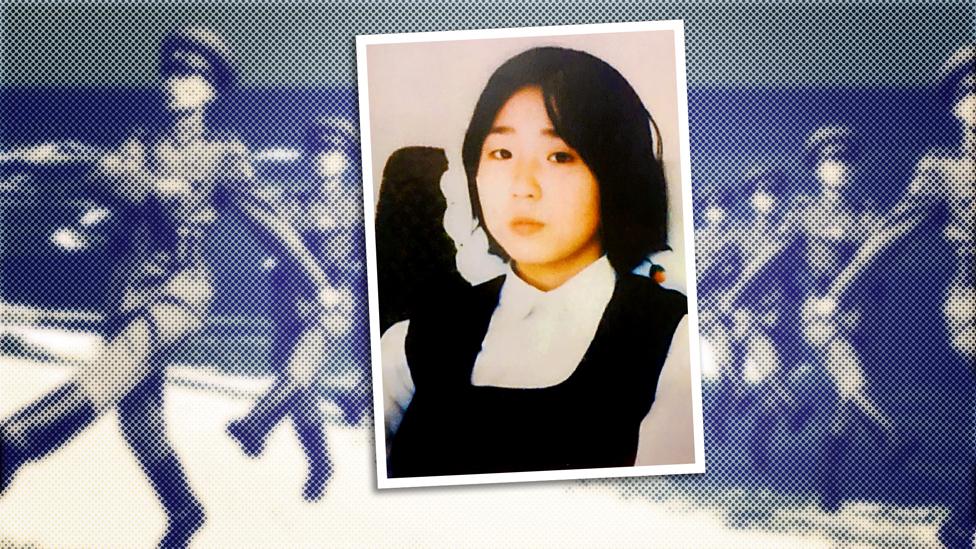
- Published23 October 2020
